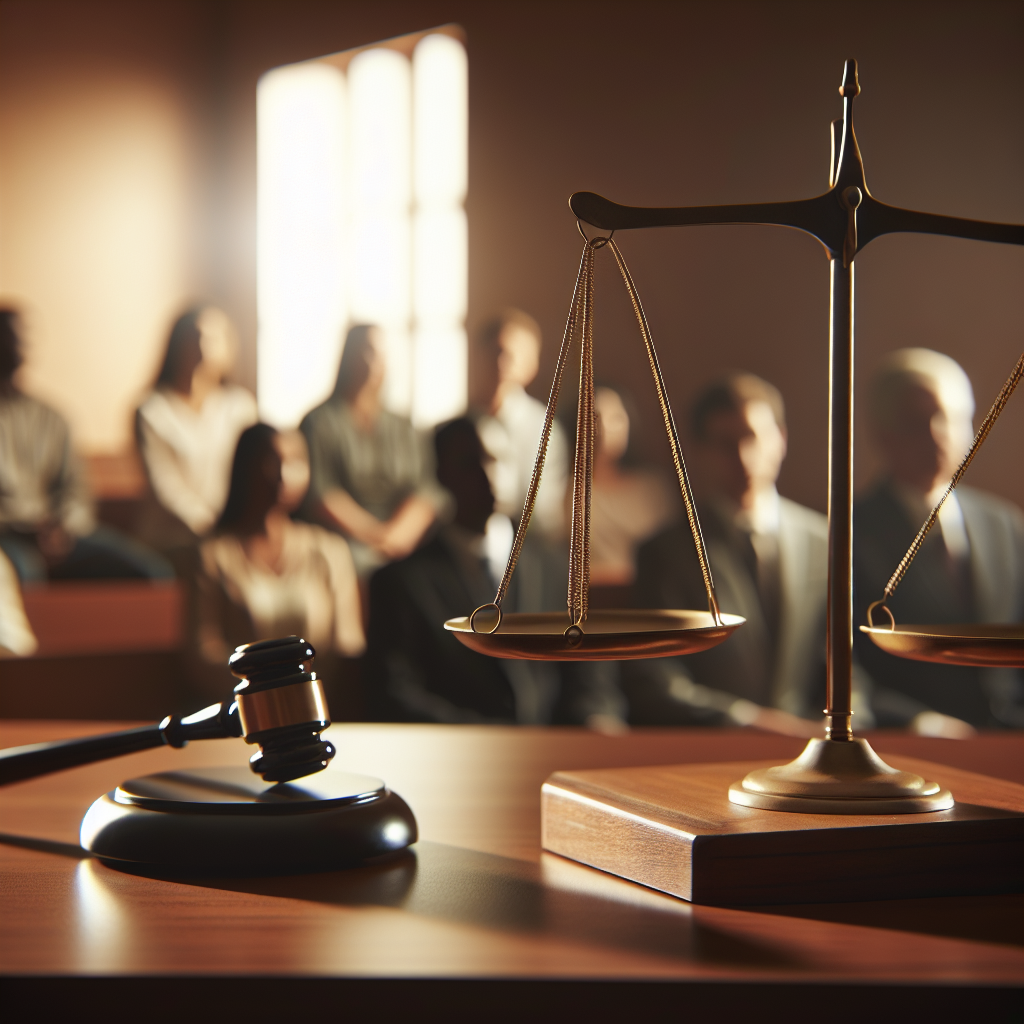
“`html
Supreme Court Decision: A New Chapter in Parental Rights
In a significant yet controversial development, the Supreme Court has chosen not to hear an appeal from a group of parents challenging their Wisconsin school district over its transgender support plans. This decision signals another juncture in the ongoing debate surrounding parental rights and gender identity policies in schools.
Understanding the Case
The Wisconsin parents, part of a group called “Parents Protecting Our Children,” claim their local school district has been covertly supporting gender transitions without parental consent. They argue that such policies undermine their rights to make decisions they believe best serve their children’s interests.
Key Points of the Parents’ Argument:
- The school district’s approach bypasses parental authority.
- Gender identity transitions at school should not be hidden from parents.
- Transparency is essential for ensuring children’s welfare.
School District’s Perspective
The Eau Claire Area School District counters this by stating that gender support plans are recorded in student files, accessible to parents. They believe these measures are vital for providing necessary support to students expressing concerns about their gender identity.
District’s Defense:
- All support plans are documented and available for parental review.
- The policy aims to empower and protect students.
- Confidentiality ensures a safe space for students to express gender concerns.
Legal Proceedings and Challenges
Despite the fervent advocacy from the parents, lower courts had already ruled against their case. These courts, including the Chicago-based 7th US Circuit Court of Appeals, emphasized that the parents lacked sufficient standing since they couldn’t prove how the policy specifically harmed their children. The Supreme Court’s refusal to review the case underscores the existing judicial sentiment.
Legal Considerations:
- Lack of proven harm to the children diminished parental standing.
- Reliance on “standing” prevents addressing contentious constitutional issues.
- The necessity to demonstrate direct impact to challenge school policies.
Judicial Opinions
Justice Samuel Alito, along with two other conservative judges, expressed dissent over the Supreme Court’s choice not to engage with the case. They highlighted concerns over how “standing” might be misused to evade challenging constitutional discussions.
According to Alito, there is a potential pattern of federal courts deferring controversial questions by relying on technicalities like standing. This approach has previously been seen in cases such as those involving governmental surveillance.
Insights from Legal Experts:
- Potential misuse of “standing” by courts to skirt around complex issues.
- Alito’s concerns reflect broader apprehension about judicial evasion.
- Similar legal defenses have been applied in past surveillance cases.
The Broader Implications of the Ruling
The decision holds significant implications for schools, parents, and students across the nation. The intricate balance between protecting student privacy and upholding parental rights remains a contentious topic within educational and legal spheres.
The issue transcends individual cases, touching upon fundamental questions about the role of schools in safeguarding student welfare versus adhering to parental authority.
Key Takeaways:
- Student privacy versus parental rights remains a critical debate.
- The ruling may influence future policies on gender identity support.
- The outcome sets a precedent for similar cases across the United States.
Future Outlook
Legal analysts, like Steve Vladeck from Georgetown University Law Center, indicate that solutions will evolve over time as more schools, students, and families navigate these complex dynamics. Meanwhile, the Supreme Court’s stance suggests a cautious approach to intervening in educational policies unless clear harm is demonstrated.
As similar cases continue to emerge, the challenge remains for parent groups to illustrate specific harm from such policies to successfully advance in the legal system.
Conclusion
The Supreme Court’s decision not to hear this case underscores a pivotal moment in the ongoing dialogue about parental rights, school policies, and gender identity. As society continues to evolve, so too will the discussion, requiring careful consideration from all involved parties to find a balanced approach that respects both individual rights and collective responsibilities.
“`
Sources: https://www.cnn.com/2024/12/09/politics/wisconsin-supreme-court-transgender-alito/index.html

